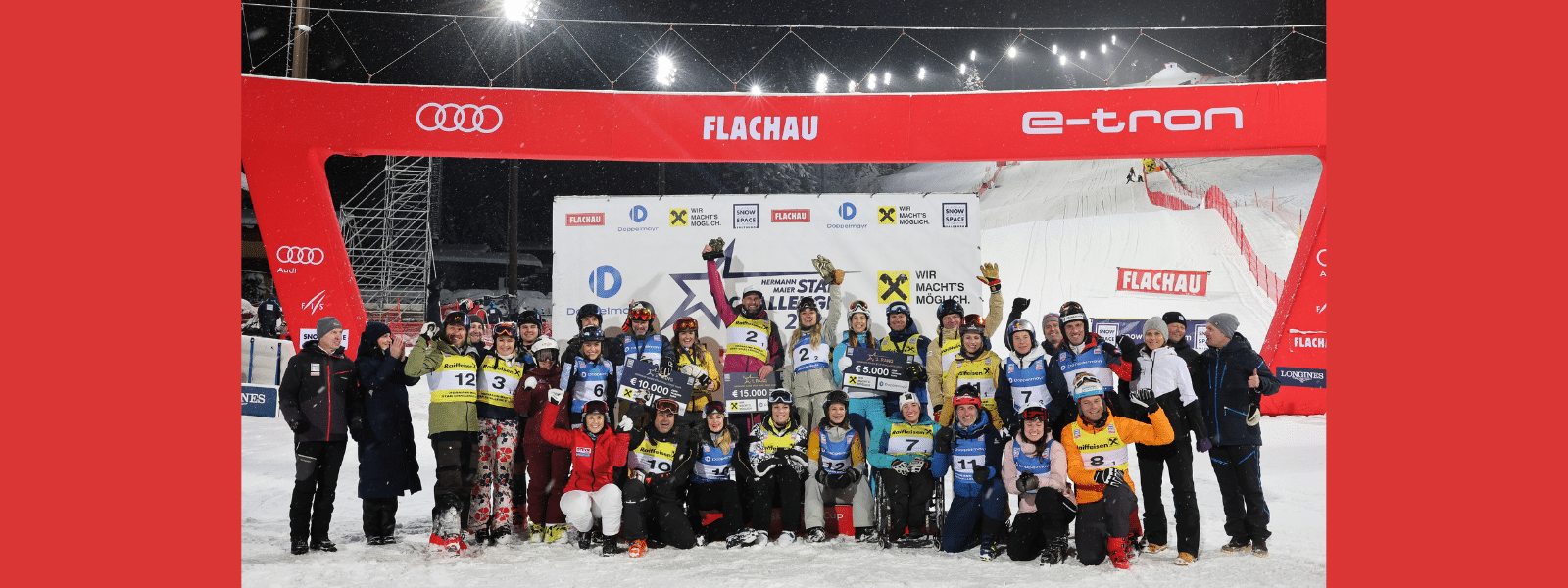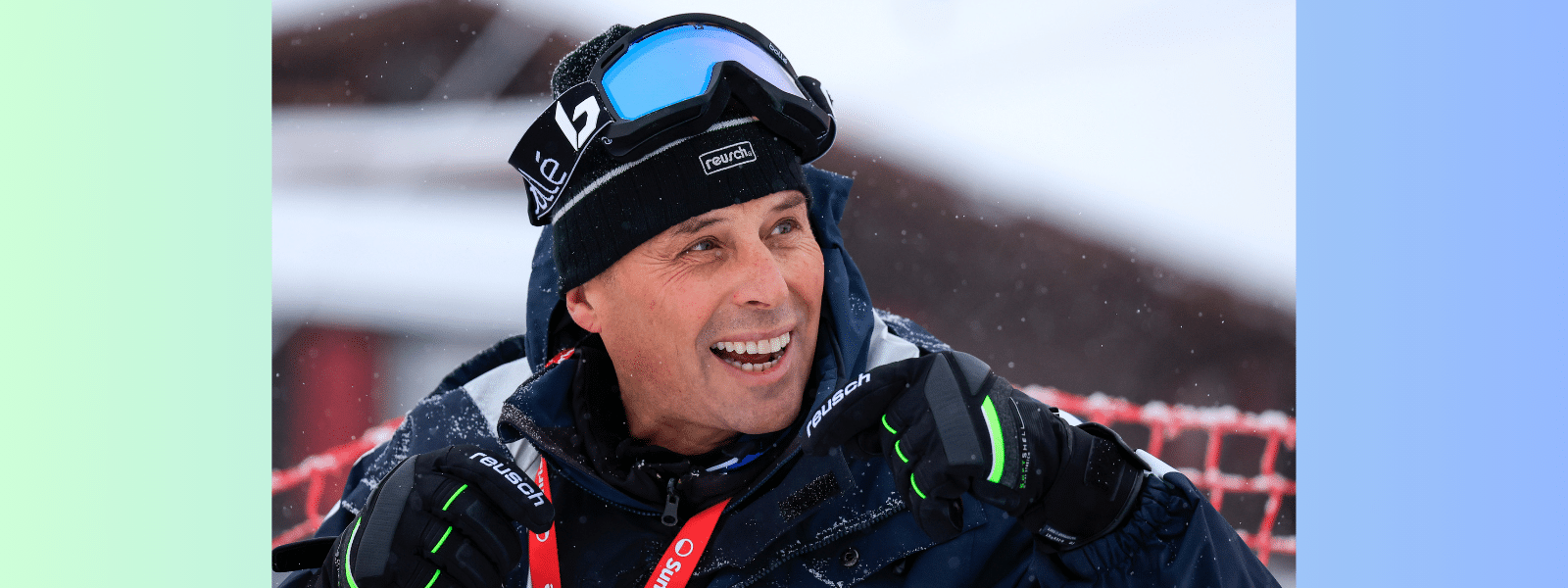On Picabo Street and Lindsey Vonn
Numbers.
We journalists get so wrapped up in them that we sometimes (often it seems) miss the real story. Lindsey Vonn’s numbers are real easy to get wrapped up in. They are astronomical, and nearly all represent records. Suffice to say we have not seen her kind before.
By contrast, Picabo Street’s numbers seem paltry. She won 12 percent of the races Lindsey has captured (nine versus 76). And 10 percent of the titles. They are equal in Olympic medals and Olympic gold. Street has half of the World Championship medals and 80 percent of the national crowns.
But none of that matters. What matters is that in her time, Street was plowing new ground. She shattered the U.S. women’s downhill win mark of Cindy Nelson. And Nelson was a goddess in women’s ski racing. Street was, and deserved to be, a star, an undeniable force in her sport and a role model for hundreds, nay, thousands of young women. And she took enough time with a 9-year-old girl in Minnesota to become a huge influence and mentor at just the right time.
Lindsey Kildow could see and feel the drive that made Street the sweet success story she was. Bigger numbers would hardly have mattered. It was personality and drive that captured the imagination. Lindsey knew, through Picabo, that there is something special about downhillers. It’s not really definable, but the attitude was put to words by legendary car racer Mario Andretti: “If everything is in control, you’re not fast enough.”
So the job is being out on the edge of the bubble, precariously balanced between the execution of the sport, and the execution of yourself. Exploration of risk.
You must be fully committed, with nothing left over. But races last about two minutes. When it all quiets down and the real world starts to creep back in, when you can start to think about expending energy again, there are still pieces of the puzzle to slip into place.
“If everything is in control,
you’re not fast enough.”
There was plenty to learn about outside the fences, and Street became the mentor Lindsey turned to. Picabo left nothing to chance. Before every race she personally stashed her own bag in the finish area, so she knew exactly what was available for her. No waiting for the jacket to be brought down by a coach; there was one or two in the bag. And a Sharpie for signing autographs, which she knew was important. I asked her once what was in the bag. “I could tell you,” she said, “but then I’d have to kill you.” What was in it was anything she could think of she might need.
The main energy stream of any good athlete is concentrated on the field of play. But the very good, those who become celebrities, realize they need to put some amount of effort into pleasing their sponsors and fans. That energy can’t detract from the athletics, but it plays a big role in building the brand.
Street’s brand came from an unlikely background. To say she had hippie parents is an understatement. She was called “Little Girl” until she was 6, when she got to pick her own name. Kildow’s folks had more wherewithal, packing up a family that included triplets and moving lock, stock and barrel to Vail so Lindsey could receive the coaching and ski the terrain she needed. No small sacrifice by any measure.
Two kids, completely different backgrounds, same dream.
Grand dream, too. A dream they have both capitalized on. But what do we hear about?
Lindsey wins her eighth downhill title, a record, giving her 16 World Cup discipline titles, also a record. And the big story is her use of a gigantic hammer on a binding which released on her at 80 miles per hour?
And Picabo, who retired 13 years ago, gets back in the news because she gets in a physical argument with her dad?
I’m sorry. They both deserve better.
I’m not saying our heroes should have their misgivings swept under the rug. But these are heroes of mine, so shut up.
Sure, it’s important that youngsters understand superstar heroes can have faults. Being a great athlete shouldn’t mean the world will “look the other way” when something goes wrong. The piper still needs to be paid.
But my goodness, why even go to these places? Head supplies Lindsey roughly 20 pairs of downhill skis a season, and these skis have been handpicked to be the fastest the factory can produce. She’s got more skis lying around than most of us have slices of bread. Acting out on a pair is hardly grounds for condemnation.
Picabo has demanded a trial for her incident with Dad. She will have no problem finding character witnesses. The same, I believe, cannot be said for the other party. Bet it’s a quick trial, but I wonder if she’ll have a bag stashed in the hallway.
The takeaway here isn’t that mainstream media has lost its way, carrying some of us with it. In fact, wait a minute, but it wasn’t mainstream media at all. It was hashtag Lindsey Vonn was responsible for herself.
She’s got more skis lying around than most of us have slices of bread. Acting out on a pair is hardly grounds for condemnation.
Ski racing heroes face unfathomable challenges. They are amazing athletes working magic on a surface that is the skin of the bubble of our very existence. Are they perfect? Lord, I hope not. None of us has reached that pinnacle just yet.
But, Lindsey, with this time off you’ve carved out, you might want to do some thinking. We get it. You’re a star. The best that ever was. And you are your own woman. And perhaps no one yet knows what being a “trending star” is worth.
But this old guy shouldn’t know what he does about your body parts, and a 9-year-old ski racer shouldn’t think the number of Twitter followers is the bottom line. Show them what it takes, not how in control you are.
Safe speed, my friends.





















